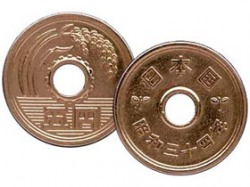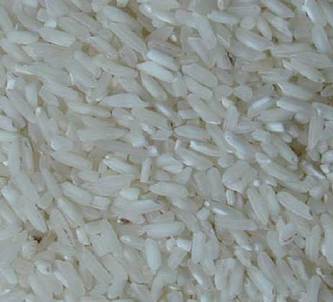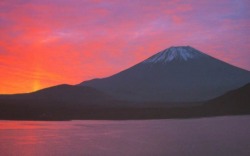Geography's Effect on Japanese Culture and Economy
Geography
Japan is a hard place to live as only 15% of all land is suitable for farming. This is because the land is not flat enough. There are many ever-present menaces, including volcanoes, earthquakes, tidal waves, and hurricanes. Very few natural fuels can be found; there is no coal or oil. The climate is mild and rainy. It is separated from the mainland, and as a result, fewer people came to live there than other areas.
Effects on Food
Rice is commonly grown because of the climate. Fish is another regular food.
Nature Forms Culture
Groups of mountains and usual rainfall cause lush emerald lands. These areas are admired in culture for their earthly beauty.
Shinto, or the "way of the gods" is a form of expression based on respecting nature and ancestors. Divine spirits may be found in rocks, trees, rivers, and other natural objects. Mt. Fuji, Japan's tallest mountain, is one of the most honored parts of nature.
Shinto, or the "way of the gods" is a form of expression based on respecting nature and ancestors. Divine spirits may be found in rocks, trees, rivers, and other natural objects. Mt. Fuji, Japan's tallest mountain, is one of the most honored parts of nature.
Economics

Many Japanese were farmers and rice and fish could be sold. Raw vegetables were eaten using bamboo and wood trays. They were a regular Japanese diet.
The early Japanese collected taxes. There were provinces with markets and granaries. Wealth was gained from grain storage and owning land. Land was prized because much of the land was mountainous and not suitable for farming.
"The small amount of habitable land prompted significant human modification of the terrain over many centuries. The Pacific coastline north of Tokyo, the coast of Hokkaido, and the Sea of Japan coast are generally unindented, with few natural harbors" (http://www.mongabay.com/reference/country_studies/japan/GEOGRAPHY.html).
As a result, the natural harbors were very valuable and the Japanese had to build some.
The Society
"Geography and climate set parameters for human action" (Japan's Geography). Rulers have, in the past, shown large political control and closed outside influence, possible only because of Japan's separation. Rice growth held agreement in organization and a sense of isolation. Japan has a "generally mild, temperate climate with a rich variety of local habitats which resulted in regional variations in culture and economic development historically" (Japan's Geography).
The early Japanese collected taxes. There were provinces with markets and granaries. Wealth was gained from grain storage and owning land. Land was prized because much of the land was mountainous and not suitable for farming.
"The small amount of habitable land prompted significant human modification of the terrain over many centuries. The Pacific coastline north of Tokyo, the coast of Hokkaido, and the Sea of Japan coast are generally unindented, with few natural harbors" (http://www.mongabay.com/reference/country_studies/japan/GEOGRAPHY.html).
As a result, the natural harbors were very valuable and the Japanese had to build some.
The Society
"Geography and climate set parameters for human action" (Japan's Geography). Rulers have, in the past, shown large political control and closed outside influence, possible only because of Japan's separation. Rice growth held agreement in organization and a sense of isolation. Japan has a "generally mild, temperate climate with a rich variety of local habitats which resulted in regional variations in culture and economic development historically" (Japan's Geography).





